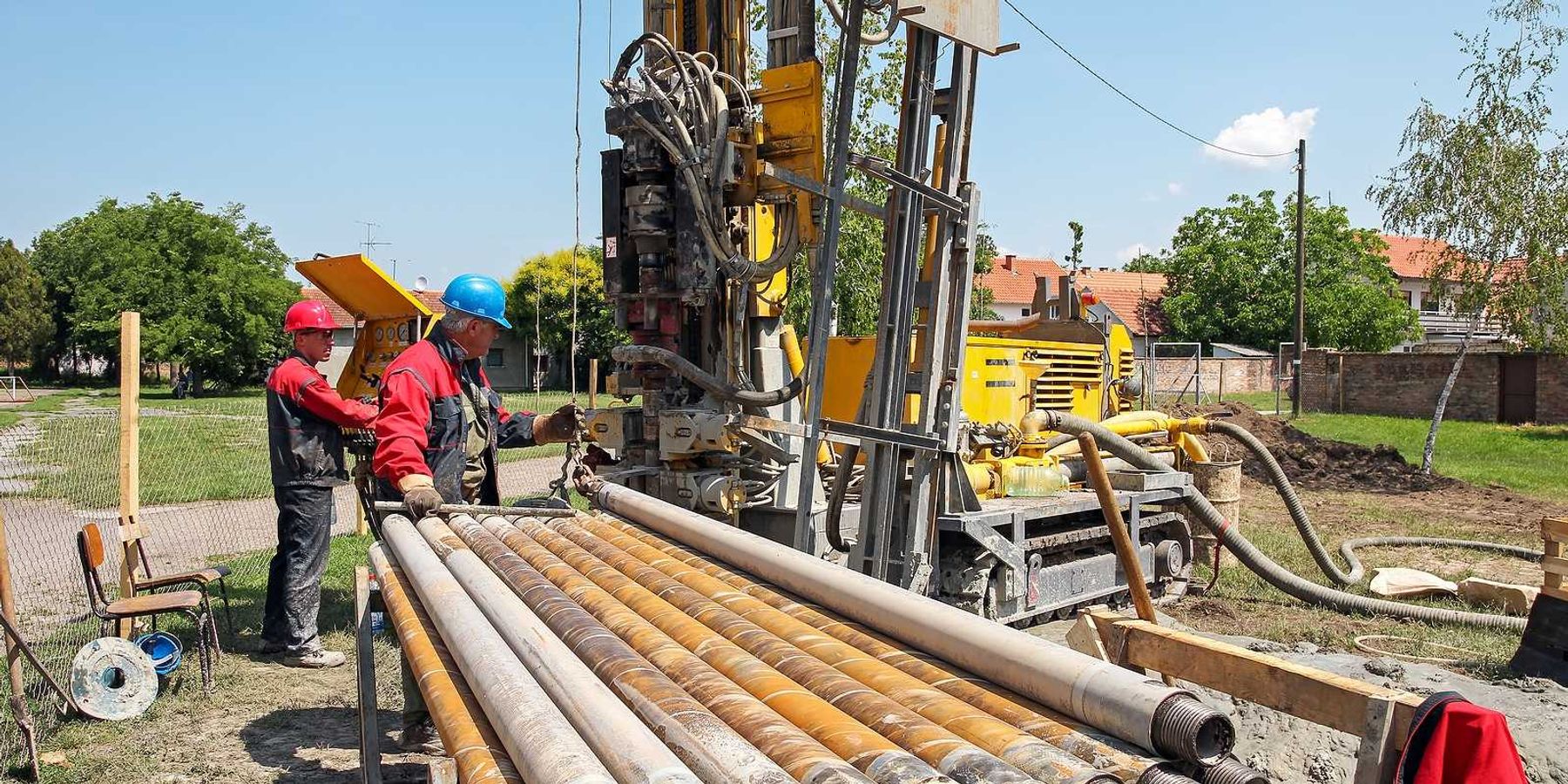Climate-fueled disasters and inflation drive Texas homeowners to face soaring insurance costs
A growing number of Texas residents are struggling to afford or even obtain home insurance as intensifying weather and economic pressures drive premiums to record highs.
Anna Phillips reports for The Washington Post.
In short:
- Homeowners across Texas are seeing property insurance premiums rise sharply due to a combination of more frequent, severe weather events and inflation, with some annual rates now exceeding $10,000.
- Insurers are limiting coverage, pulling out of risk-prone areas, and passing costs onto homeowners, while the state’s “file and use” policy allows companies to raise rates without prior regulatory approval.
- State-backed insurers of last resort are expanding rapidly as more Texans are either dropped by private insurers or can no longer afford them, raising concerns about long-term financial stability.
Key quote:
“Consumers can choose completely unaffordable insurance versus the only affordable option, which is a hollowed-out policy.”
— Birny Birnbaum, executive director of the Center for Economic Justice
Why this matters:
Texas experiences nearly every type of natural disaster — hurricanes, tornadoes, wildfires, and hail — and these events are becoming more frequent and costly. As insurers grapple with billions in claims, they’re hiking rates and shrinking coverage, forcing many residents to either underinsure their homes or drop coverage entirely. For families, this means making painful trade-offs. This growing instability in the insurance market could ripple beyond private homes, affecting rental prices, tax rates, and public infrastructure costs. It also raises broader questions about where Americans can safely and affordably live as the climate crisis accelerates. With Texas often promoted as a low-cost refuge from pricey coastal cities, the shift in affordability could reshape migration patterns and political priorities, even as the state resists stronger insurance regulations.
Learn more: Texas faces increased wildfire threats due to climate change













